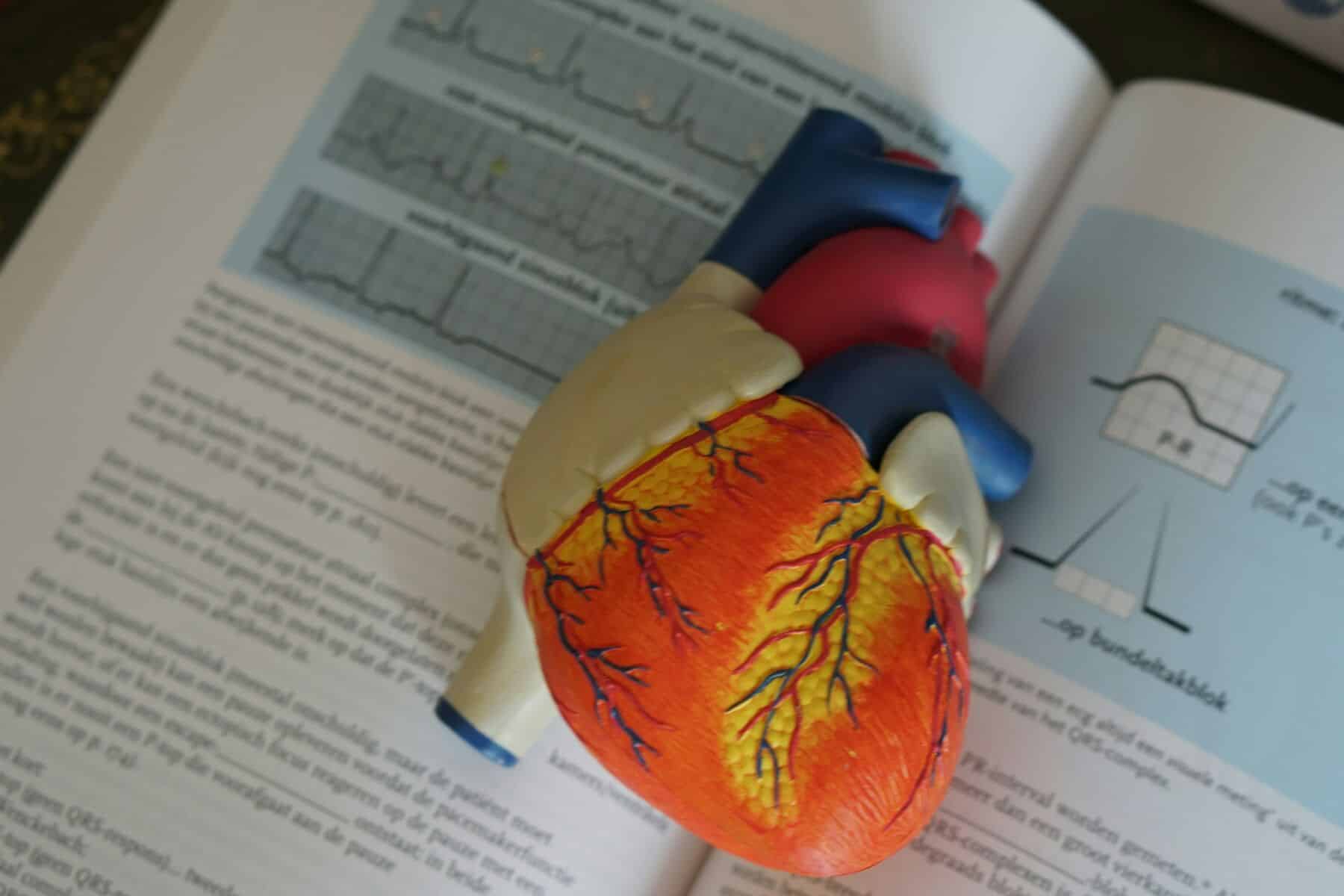The surprising positive impact of coffee on heart health

The global love for coffee
Coffee is more than just a beloved morning ritual; it’s a global phenomenon with over 2.25 billion cups consumed daily. Beyond its caffeine content, coffee contains numerous bioactive compounds that could influence our health. One such compound is cafestol, a diterpene found in coffee beans that has attracted significant attention for its potential impact on cardiovascular health.
Understanding cafestol’s impact on the heart
Cafestol is a powerful substance with the potential to affect various aspects of heart health. Scientists from Taiwan recently conducted a study review and uncovered a number of benefits for cardiovascular health conferred by cafestol.
Here’s a closer look at its intriguing properties:
- Effects on lipid metabolism: Cafestol has been found to influence lipid metabolism, which plays a critical role in heart health. Research indicates that it can increase fat oxidation and energy expenditure, which may help in managing body weight and reducing cardiovascular risks. However, cafestol also has a downside: it has been shown to raise serum cholesterol levels, particularly LDL cholesterol, by upregulating cholesterol synthesis and inhibiting bile acid synthesis. This dual nature makes cafestol a compound of interest and concern.
- Anti-inflammatory properties: Inflammation is a key player in the development of cardiovascular diseases. Cafestol exhibits anti-inflammatory effects by suppressing the expression of pro-inflammatory cytokines. This means it can potentially reduce the inflammation that contributes to heart diseases. For instance, studies have shown that cafestol inhibits the production of certain inflammatory molecules in vascular endothelial cells, which are crucial for maintaining blood vessel health.
- Protecting endothelial function: The endothelium is the inner lining of blood vessels, and its dysfunction is a hallmark of cardiovascular diseases. Cafestol has shown promise in preserving endothelial function by preventing oxidative stress and inflammation. This protective role is significant because a healthy endothelium ensures proper vascular function and reduces the risk of heart attacks and strokes.

Coffee consumption and heart health: A complex relationship
The relationship between coffee consumption and heart health is not straightforward. Epidemiological studies, which look at large populations to find health trends, have produced mixed results. Some studies suggest that coffee drinkers have a lower risk of heart disease, while others find no significant effects or even potential risks, mainly due to the cafestol content.
Clinical trials and future research
Clinical trials examining the effects of cafestol supplementation on heart health have also yielded mixed results. Some trials indicate beneficial effects on lipid profiles and endothelial function, while others report no significant benefits or even adverse outcomes. The variability in these results can be attributed to differences in study designs, populations, and coffee consumption habits.
Given the conflicting evidence, future research is essential to understand cafestol’s impact on cardiovascular health. Researchers suggest focusing on several key areas:
- Dose-response relationship: Determining how different amounts of cafestol intake affect cardiovascular risk is crucial. Accurate quantification of cafestol consumption in epidemiological studies will help clarify its health impacts.
- Impact of coffee brewing methods: Different brewing methods produce varying levels of cafestol. For instance, unfiltered coffee, like French press or espresso, contains higher levels of cafestol compared to filtered coffee. Understanding these differences can inform safer coffee consumption practices.
- Long-term studies: Long-term prospective studies with extended follow-up periods are needed to assess the sustained impact of cafestol on heart health. Such studies can provide more comprehensive insights into its benefits and risks.
- Well-designed clinical trials: Conducting randomised controlled trials with rigorous methodology and appropriate control groups will help determine the therapeutic potential of cafestol in preventing and managing cardiovascular diseases.

The balancing act of coffee and heart health
Cafestol, a compound in coffee, offers a fascinating glimpse into how our favourite beverage can impact heart health. While it has potential benefits, such as anti-inflammatory properties and protection of endothelial function, its impact on cholesterol levels presents a challenge. As research continues, understanding the delicate balance between cafestol’s benefits and risks will be crucial for making informed dietary recommendations and public health strategies aimed at reducing cardiovascular disease burden. So, the next time you enjoy a cup of coffee, you’ll know there’s more brewing than just a delicious drink – there’s a complex interplay between diet, health, and disease.
Latest Thailand News
Follow The Thaiger on Google News:


























